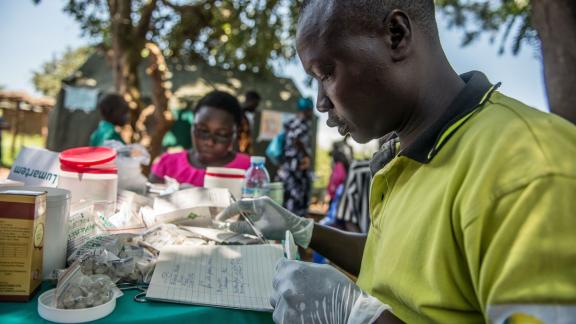
Under the Evidence project, IPPF is undertaking innovative research on respecting, protecting and promoting human rights in family planning/reproductive health services and ensuring community voices are part of efforts to improve and strengthen family planning programming. The Evidence Project uses implementation science to improve family planning policies, programs, and practices. Led by the Population Council in partnership with INDEPTH Network, International Planned Parenthood Federation, PATH, Population Reference Bureau, and the project’s University Resource Network, the five-year project (2013–2018) is investigating which strategies work best in improving, expanding, and sustaining family planning services.
IPPF is leading on two cross-cutting areas of research. Firstly under the Evidence project, we are undertaking research on how the respect and protection of human rights of women and girls can be instituted and operationalised, and how programs can be held accountable for providing high-quality services. http://evidenceproject.popcouncil.org/technical-areas-and-activities/equity-rights-and-accountability.
In order to address the need for indicators and tools for rights based family planning, the Evidence Project has partnered with global experts on human rights and family planning, the International Planned Parenthood Federation’s Sustainable Network Project (SIFPO/IPPF) and with colleagues at Reproductive Health Uganda (RHU) to develop and validate the Rights-Based Family Planning (RBFP) Service Delivery Index in Uganda. This is work is being undertaken in close collaboration with the Economic Policy Research Centre Uganda and University College London.
In addition, we are undertaking a variety of activities that aim to contribute to a deeper knowledge of whether and how the implementation of accountability mechanisms in family planning and reproductive health programs improves clients’ access to and quality of services. For example, a multi-site case study in Uganda uses process evaluation methodology to explore the implementation of two social accountability programs, aiming to determine what hinders and facilitates engagement at the community level and its translation into improved social accountability processes and reproductive health outcomes.
when
country
Uganda
Subject
Contraception, Gender equality, Maternal Healthcare, Gynaecological








